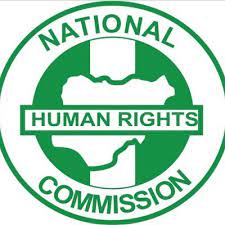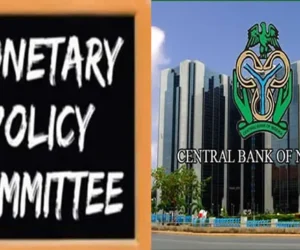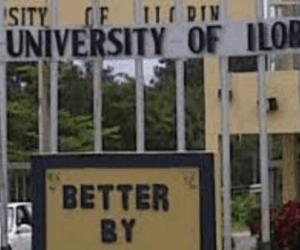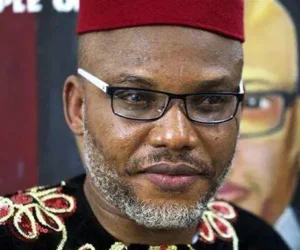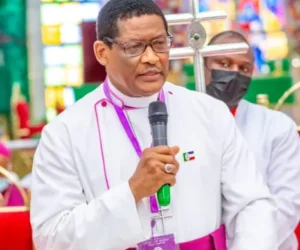The National Human Rights Commission (NHRC) has called on the judiciary to confer more protection on whistleblowers, describing it as an effective tool in the fight against corruption.
Speaking at the First National Interactive Forum on Whistleblowing and Whistleblower Protection for Federal High Court judges held in Abuja, the Director of Economic, Social and Cultural Rights at the NHRC, Harry Obe, stressed that the role of the judiciary goes beyond interpreting laws.
“As an Interpreter, Protector and Enforcer, the courts must give life to vague provisions, grant injunctions to stop retaliation, order reinstatements and award substantial damages,” he explained.
SPONSOR AD
He noted that whistleblowing was not just a governance tool but a fundamental rights issue.
“Every Naira stolen is a hospital bed empty, a classroom roofless, a road unmade, and a justice system compromised,” he said.
Also speaking, Dr. Chido Onumah, coordinator of AFRICMIL, said judges had been largely absent from conversations on whistleblowing.
“This is not just an opportunity to reflect, it is a chance to recommit ourselves to building a culture where truth is protected and not punished,” he said.
Representing the Chief Judge of the Federal High Court, Justice Dorcas Venenge Agishi said the courts must be a refuge for whistleblowers.
“Our role as judges is to be the final bastion of justice,” she said, adding that the judiciary carried a “profound responsibility to ensure that our courts are a safe refuge for such persons.”
Danilo Campisi, deputy country representative of the United Nations Office on Drugs and Crime (UNODC), explained that protecting whistleblowers is one of the most effective ways to fight corruption.
“A robust reporting and protection system is not only a cornerstone of the fight against corruption, it is essential to institutional accountability,” he said.
Campisi noted that while Nigeria’s 2016 whistleblower policy had yielded results, the absence of a comprehensive Whistleblower Protection Act and a strong Witness Protection Bill still leaves reporting persons vulnerable.
The forum, convened by AFRICMIL in partnership with Tap Initiatives, NHRC, CeFTPI and PRIMORG, drew judges and international partners to chart a stronger path for whistleblower protection.

